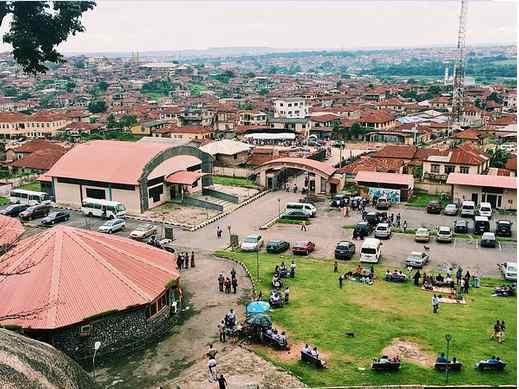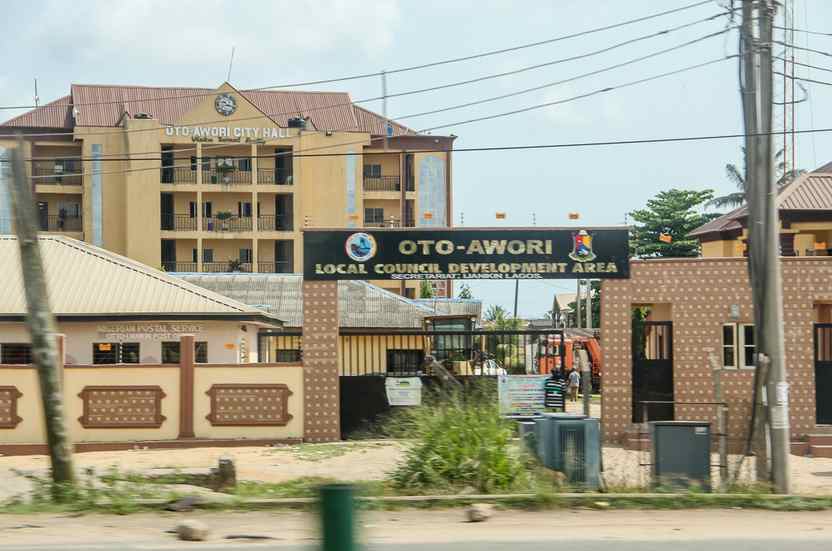
support@yorubalibrary.com
+2348073529208, 07038599574

Eko, widely known as Lagos, is one of the most prominent cities in Africa and the commercial nerve center of Nigeria. Situated in the South-Western coastal region, Eko’s history stretches back to its early settlement by the Awori, a Yoruba subgroup. The city’s original name, “Eko,” shows its Yoruba roots, even though today it is a melting pot of ethnicities, languages, and cultures.
Long before it became Nigeria’s economic powerhouse, Eko was a thriving fishing and farming community, with strong trade links across the lagoon to other Yoruba towns. In the 15th century, it became an important settlement under the influence of the Benin Kingdom, which shaped some aspects of its governance, while its core remained firmly Yoruba. By the 19th century, Eko had evolved into a cosmopolitan hub, attracting traders, artisans, and adventurers from within and beyond West Africa.
Today, Eko is a dynamic fusion of old and new — from its bustling open-air markets and historic palaces to its skyscrapers and modern infrastructure. It is home to the Oba of Lagos, a respected traditional ruler whose court still plays a central role in cultural preservation. The Oriki of Eko captures the city’s maritime heritage, entrepreneurial spirit, and the pride of its people.
Location and Geography
Eko lies along the Atlantic coast, bordered by the Lagos Lagoon to the north and the Atlantic Ocean to the south. It includes a network of islands, peninsulas, and mainland areas, connected by bridges and road networks. Its strategic coastal location has made it a gateway for trade for centuries.
Cultural and Historical Significance
Eko is home to the Oba of Lagos, who resides in the Iga Idunganran Palace. The city celebrates numerous festivals, including the Eyo Festival, a cultural parade that has become one of Nigeria’s most iconic events. Eko’s history blends indigenous Yoruba customs with influences from Portuguese traders, the Benin Kingdom, and later British colonial governance, giving it a rich cultural tapestry without losing its Yoruba identity.
People and Occupations
Eko’s residents are famously industrious, engaging in trade, fishing, craft-making, and professional services. Today, Lagos is Nigeria’s financial capital, hosting banks, multinational companies, and thriving tech startups. Yet, traditional occupations like fishing, salt-making, and craftwork still have their place in local life.
Unique Features of the Town
Landmarks include the National Theatre, Tafawa Balewa Square, Freedom Park, and the bustling Balogun and Idumota markets. The city’s coastal beauty is showed in its beaches, such as Tarkwa Bay and Elegushi, while its nightlife and entertainment industry are renowned across Africa.
Oriki Ilu Eko
Below is the traditional Oriki (praise poetry) of Eko, Lagos state Nigeria
Eko Akete Ile Ogbon
Eko Aromi sa legbe legbe
Eko aro sese maja
Eko akete ilu okun alagbalugbu omi,
Ta lo ni elomi l'eko
Ebi won pe talo ni abatabutu baba omikomi,
talo laabata buutu baba odo kodo
Eko adele ti angere nsare ju eniyan elese meji lo
Eni to o ba lo si ilu eko tiko ba gbon,
Koda, bo lo si ilu oyinbo ko legbon mo
Afefe toni pon wa ni bebe okun ti yin,
faaji to ni pan wa ni bebe osa
Eko omo osha nio ose, mase kutere,
Osha n gbobi, kutere n gbori
Eyin lomo afinju woja marin gbendeke,
obun woja n wapa sio sio
Eyo o Aye'le Eyo o,
Eyo baba n teyin to n fi golu n sere,
eyin oni sanwo onibode, odilee
Conclusion
Eko is a city that thrives on movement and opportunity.
Need more? Browse through our Oriki Gallery today, at zero cost.

Check out the detailed Oriki of Abeokuta, the capi…

The authentic Oriki of the Awori people, one of th…